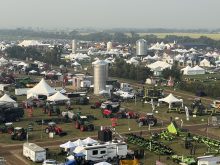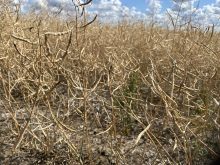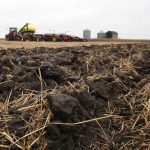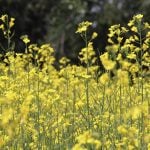If today’s California is what the rest of the United States will look like tomorrow, Americans might want to brace themselves for too little water, too much animal manure and $4.65-per-gallon gasoline.
It’s weird, too, because in California these too-little, too-much, and too-expensive elements have been combined to create what was thought to be a partial cure for climate change.
The first, water, is precious. The same amount of municipally supplied water that costs $23 a month in Nebraska costs $65 a month in the Golden State. Only 20 percent of all water, however, flows to 39 million Californians; agriculture gulps the other 80 percent.
Read Also
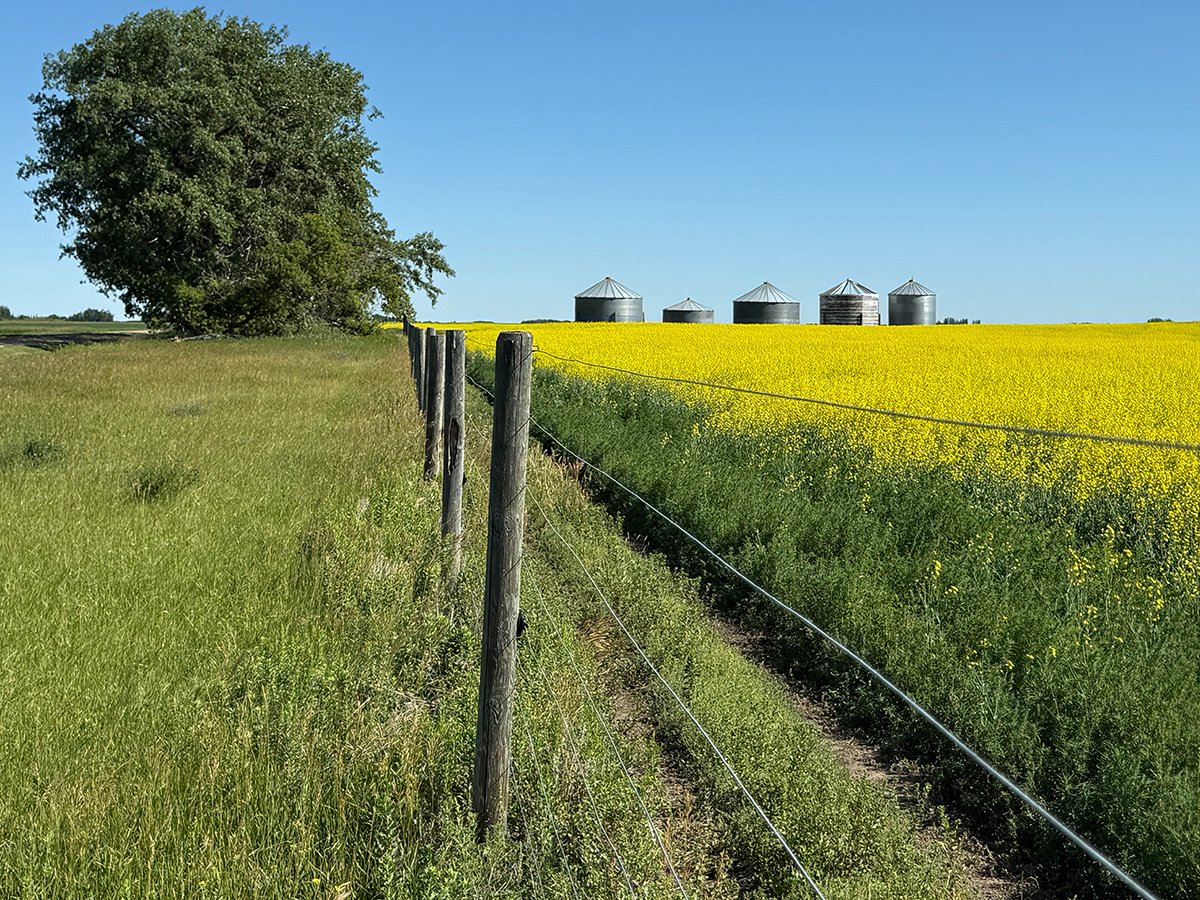
Producers face the reality of shifting grain price expectations
Significant price shifts have occurred in various grains as compared to what was expected at the beginning of the calendar year. Crop insurance prices can be used as a base for the changes.
Thirsty crops, right? More like thirsty livestock: “47 percent of California’s water footprint is associated with the production of meat and dairy,” reports the Sacramento-based Comstock’s Magazine.
Animals and water — no matter the livestock or the state —means manure. In California, that combination also means taxpayer subsidies to build manure-handling systems to capture methane generated in anaerobic digesters to be burned by vehicles or put into the natural gas grid.
That recipe sounds like a two-birds-with-one-stone solution to ag’s two growing problems: increased methane pollution from a deepening dependence on confined animal feeding operations (CAFOs) and animal ag’s growing role in global climate change.
Or at least it did until manure digesters were built and monitored. Their early results were worse than poor, according to a January report on manure digesters by Reuters. In fact, the results were dismal.
“In 2009, the Obama administration and an industry group, the Innovation Center for U.S. Dairy, pledged to reduce the industry’s greenhouse gas emission by 25 percent by 2020 over levels in 2007, in part by expanding federal support for new digesters,” the story noted.
“Instead, methane emissions in the sector have risen more than 15 percent, in part driven by growth in herd size.”
In short, one solution — methane-making manure digesters — led to a second, bigger problem: more manure-making cows.
That’s just basic ag economics, explained Rebecca Wolf of Food and Water Watch, an environmental watchdog group, in the Reuters story: “If you start making money off of pollution, you’re not going to stop polluting.”
Indeed, pollution grows with digesters because livestock numbers grow with digesters.
States like Iowa, however, are choosing to ignore the acrid evidence. Recently, Iowa enacted a digester-promoting law that, according to the Cedar Rapids Gazette, not only doesn’t worry about livestock expansion but also “allows Iowa animal feeding operations to exceed confinement capacity if (farmers) install an anaerobic digester to treat all manure….”
Washington wants in the bigger CAFOs-bigger digester game, too. President Joe Biden’s $1-trillion-plus Build Back Better program contains a river of federal subsidies to promote “climate mitigation” strategies like manure digesters in the coming years.
Some ag researchers, however, want to flatten that rising trend.
In a Dec. 14 podcast titled “On biodigesters — are they a real win-win technology?” three University of Iowa research professors, Silvia Secchi, Chris Jones, and Dave Cwiertny, agreed that Iowa’s new focus on digesters as a solution to the state’s overwhelming livestock manure problem almost guarantees more and bigger CAFOs in Iowa and even more unmanageable manure.
“If this is such a winning proposition for farmers,” noted Secchi, an economist and geographer, in the episode, “why should public money be spent on it; why not private investment?”
Secchi goes on to add, “we are rushing headlong into these so-called solutions because they have this ‘feel-good’ factor like ‘soil health’ but don’t yet have the results to prove it.”
California, however, now faces some digester indigestion. Recently, noted Reuters, “environmental groups petitioned the California Air Resources Board to make (manure digesters) ineligible for (state) credits, arguing their presumed role in combating climate change was inflated and that the credits encourage making more manure.”
That’s something that California — and the rest of the U.S. and its taxpayers — neither need nor want.
Alan Guebert is an agricultural commentator from Illinois.



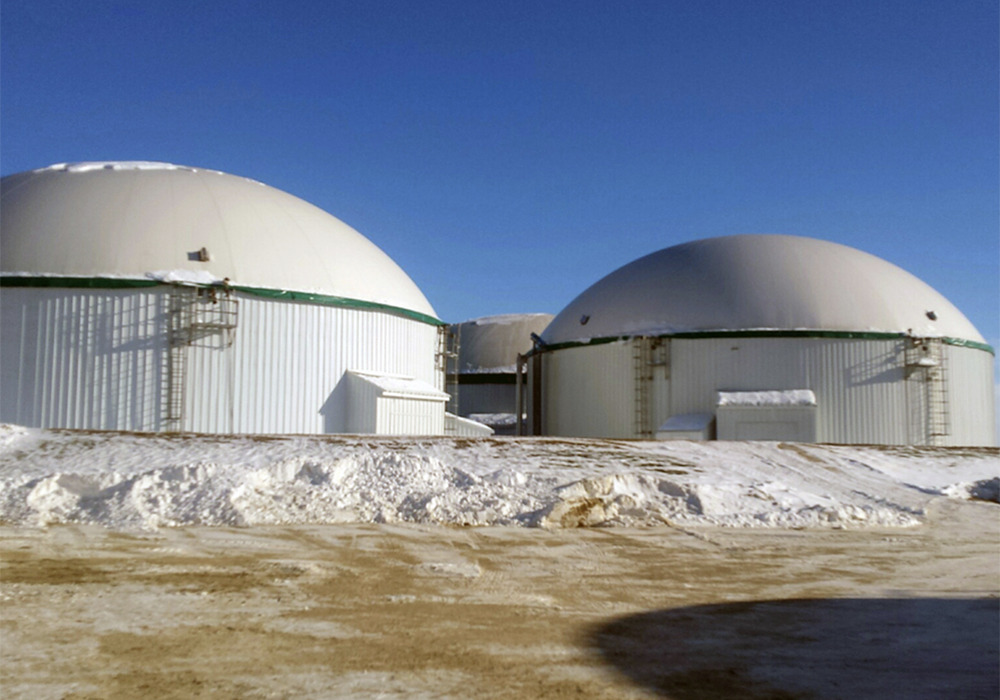


![Protesters crowd a street carrying signs that read, "Global warming real. In other news, water is wet," and "Stop denying the [blue painted pic of the Earth] is dying."](https://static.producer.com/wp-content/uploads/2025/07/29145152/158171_web1_2019-10-18T222818Z_1221762151_RC14C26A65A0_RTRMADP_3_CLIMATE-CHANGE-THUNBERG-1200-220x165.jpg)
